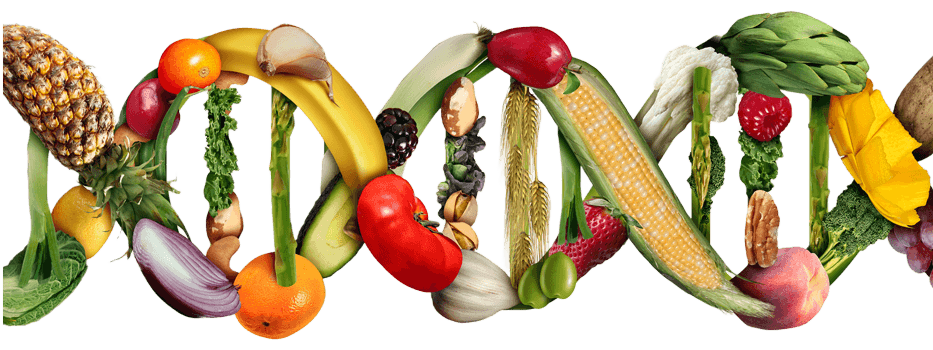Have you ever wondered about transgenic and GMO foods? Do you use them? Do you know why we should avoid them? Today we are going to talk about it.
The use of transgenic foods and genetically modified organisms (GMOs) is undoubtedly one of the most controversial issues in the food industry. Are they good? Are they bad? These products, incredibly popular in industrial and large-scale production, raise important questions about their impact on human food and the environment.
But what exactly are transgenic and GMO foods?
GMOs are genetically modified organisms, i.e. plants or animals that have been genetically altered in some way. GMOs are the basis of transgenic foods, those containing genetically modified ingredients that incorporate genes from other species in order to improve their characteristics . For example, tomatoes that are more resistant to pests or grains that tolerate herbicides better.

One of the main arguments against GM foods is their impact on the environment. While it is true that GM foods have increased resistance to pests and herbicides, this can lead to increased dependence on agricultural chemicals, which contributes to increased environmental pollution and soil degradation. In addition, the release of GMOs in nature generates a great impact on biodiversity and genetic contamination of native species.
Always choose organic food
Organic products are produced using sustainable practices that respect the environment and promote biodiversity. And, most importantly, they are free of GMO and transgenic ingredients, making them the best choice for those of us seeking a healthier and more ecologically conscious diet. Organic food is grown without the use of synthetic pesticides, chemical herbicides or artificial fertilizers. Instead of relying on chemicals, the use of sustainable farming techniques such as crop rotation, composting and raising livestock in grazing systems is encouraged. This not only reduces soil and water contamination, but also respects the health of farm workers. It’s all benefits!
Why choose organic food?
- Health
Organic products tend to be healthier, as they do not contain pesticide residues or genetically modified ingredients.
- Animal welfare
Organic products ensure animal welfare.
- Environmental protection
Organic and ecological food production is more environmentally friendly because it uses sustainable practices and is focused on the conservation of natural resources.
- Biodiversity enhancement
Promoting biodiversity and soil health is fundamental to organic food production, which benefits local ecosystems.
- Support for local agriculture
Opting for organic and ecological food means supporting local and sustainable farmers, which is essential to contribute to local economies.
Have you taken a look at your refrigerator? You may find transgenic foods easily substituted by eco and organic products. Review GMO foods and replace them with eco foods. Make the switch and say goodbye to GMOs!
Remember that to find them, just look at the label: if it contains the Euroleaf, it’s organic!
